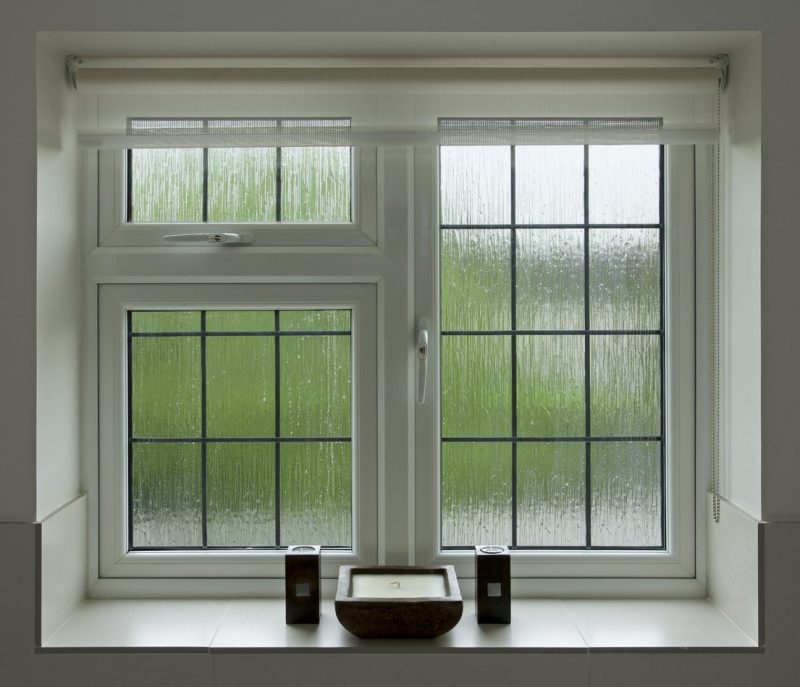All Categories
Featured
Table of Contents
Plastic Window Frames - Best Plastic Double Glazed ... in St James WA
That window can send more solar heat in winter season than in summer. A west-facing window on a summertime's afternoon has an angle of occurrence from near 0 approximately 30 with a large effective location of solar radiation. A north-facing window, in summer, has a high angle of occurrence and a low reliable location of solar radiation, so can send less heat than a west-facing one.

You can quickly and easily enhance the thermal performance of your house by replacing your windows. This is among the most efficient approaches of restoration to accomplish better thermal comfort. There are thousands of types of glass and frames to choose from. Picking the right ones is essential to enhancing the energy performance of your home.
Double Glazing Windows - The Best Installers In The Uk ... in Ballajura WA
There are several kinds of glass items to select from. Single glazing uses a single pane of glass. Single glazing with clear glass is not very effective when it comes to heat loss or gain. To improve performance, you can use single glazing with a more energy-efficient kind of glass such as low emissivity (low-e) glass.
The energy efficiency of IGUs likewise depends on: the homes of each layer of glass. Various glass types (for example, clear and low-e glass) can be put together in an IGU.
Does Double Glazing Keep Heat Out in Ocean Reef Western Australia

IGU cavities can be filled with air or a more inert, low-conductivity gas such as argon the width of the cavity. Larger cavities offer lower (better) U values, with 12mm normally accepted as the preferred gap how well the cavity is sealed.
If argon is set up to the cavity in location of air, moisture is reliably excluded the level of desiccant (drying representative). The spacer (metal or polymer strip) that separates the glass layers contains a desiccant to soak up any moisture. Insufficient desiccant may trigger moisture to condense on the glass surface in cold conditions, reducing thermal performance.
Which Double Glazed Windows Are Best For Summer? in Kingsley Western Australia
IGUs can deliver much better energy efficiency for all environments, particularly in heated and air-conditioned houses. Cross-section detail of single, double and triple-glazing units Low emissivity glass (commonly understood as low-e glass) minimizes heat transfer. Low-e glass might be either high or low transmission: High transmission low-e glass has a covering that permits daytime from the sun to pass into the home to achieve great solar heat gain, however reduces the quantity of the long wavelength infrared heat that can get away back through the window.
Low-e glass has either a pyrolytic covering or a vacuum-deposited thin film metal finishing. Pyrolytic finishes are durable and can be used for any glazing; vacuum-deposited finishes are soft and are only used within IGUs. Low-e finishings can substantially enhance both U worth and SHGC; nevertheless, they should be utilized properly or they will either deteriorate or fail to perform as required.
What Is Double Glazing Windows And Doors? in Armadale WA
Low-e coatings can be utilized in combination with clear, toned or reflective glass. Low-e finishes on glazing can decrease heat transfer where needed Photo: Department of Industry, Science, Energy and Resources Toned glass has actually colouring ingredients included throughout manufacture. It is offered in various colours, normally bronze, grey, blue and green.
Table of Contents
Latest Posts
Triple Glazing Vs. Double Glazing: What Are The Differences? in Willetton Western Australia
Help Control Your House Temperature With Double Glazing ... in Martin Western Australia
How To Diagnose And Fix Misted Double Glazing in Hovea Perth
More
Latest Posts
Triple Glazing Vs. Double Glazing: What Are The Differences? in Willetton Western Australia
Help Control Your House Temperature With Double Glazing ... in Martin Western Australia
How To Diagnose And Fix Misted Double Glazing in Hovea Perth